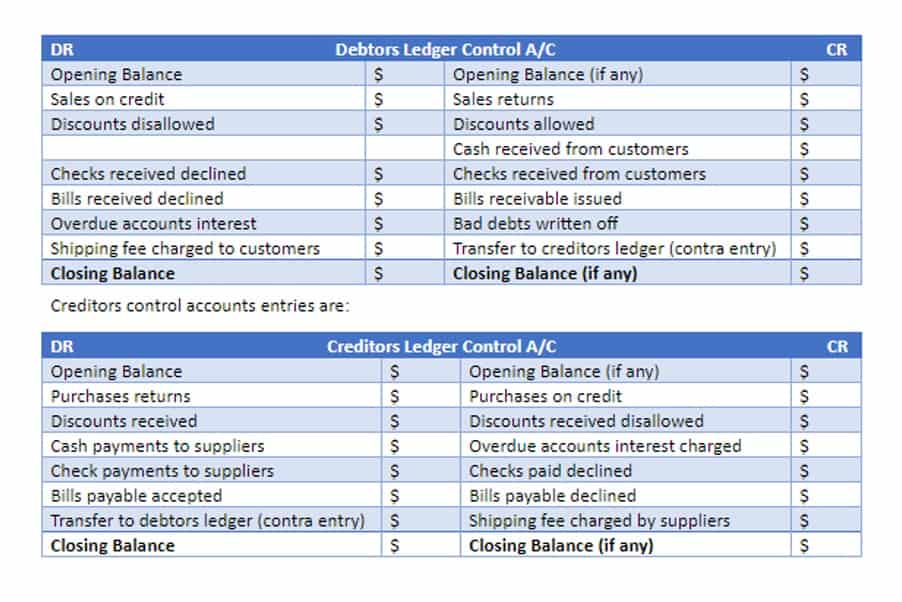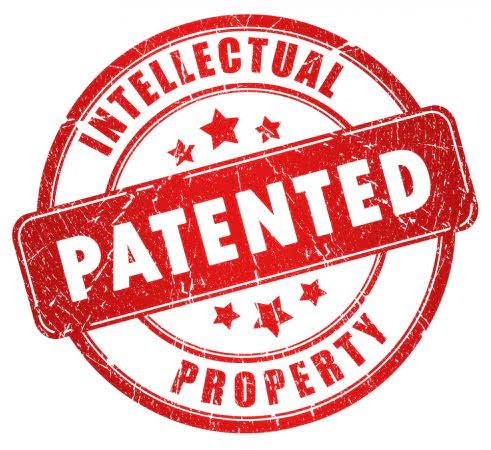
They can retain additional stocks for long-term growth and capital gains or sell them to convert them into cash. Usually, a company issues stock dividends when it is short of cash or facing liquidity challenges. Therefore, stock dividends are a useful option that satisfies both of these purposes for the company. When unearned revenue shareholders keep stock dividends and do not convert them to cash, they do not incur a tax obligation. Therefore, stock dividends offer a tax advantage for some shareholders as well. When investors receive qualified dividends, they enjoy lower income tax rates.
How Companies Account for Cash Dividends
- Young investors might look at dividend stocks from big names like Apple or Microsoft.
- When looking at stock versus cash dividends, one thing is clear.
- These are companies that have increased dividends for at least 25 years.
- This article offers a guide on the differences between cash dividends and stock dividends.
- Apply & check your allotment for investment with Bajaj Broking.
- A company’s market capitalization value typically sinks in proportion to the total dividend declared.
- Most companies pay cash dividends; however, some companies offer stock dividends for several reasons.
Depending on whether it’s a cash or stock dividend, the cash account may also be affected (more on this soon; hang in there). Dividends are the additional payouts that shareholders receive when the company that they are holding shares in earns profits and decides to distribute them. Companies do so through two methods – cash dividends or stock dividends. Stock dividends are less common than their counterpart, cash dividends.

Top 100 Stocks

It is important for investors to carefully assess their investment objectives, tax implications, and personal financial situation before making a decision. Additionally, consulting with a financial advisor can provide valuable insights and guidance tailored to individual circumstances. Investments in the securities market are subject to market risk, read all related documents carefully before investing. Just write the bank account number and sign in the application form to authorise your bank to make payment in case of allotment.
How do market conditions influence a company’s decision to pay dividends?
- Apple, one of the world’s largest technology companies, has been known for its generous cash dividends.
- In finance, 60% of companies prefer giving stock dividends to their investors.
- But real estate companies like to increase shareholder equity.
- Each method has its own set of advantages and disadvantages, and it’s important for investors to understand the pros and cons before making any decisions.
- While the overall value of the company remains the same, stock dividends increase the number of shares that exist, resulting in a slightly diluted stock price.
It also highlights a focus on long-term growth instead of short-term gains. Consequently, dividend-paying companies are viewed as lower risk. This attracts conservative investors who prefer stability in their portfolios. Separately, cash dividends and stock dividends each have specific advantages and disadvantages.

- Separately, cash dividends and stock dividends each have specific advantages and disadvantages.
- The board can also decide against paying out dividends because corporations aren’t necessarily required to pay out dividends.
- These earnings would have already been reflected in the share prices.
- The market’s reaction to these announcements also impacts a company’s value in the long run.
They might do this to follow trends or predictions in their field. Retailers split their dividends equally between stock and cash. This shows they’re trying to keep both the company safe and the shareholders happy, no matter the market. Choosing between cash and stock dividends matches your investment style. Some might want money now, while others like long-term growth. Qualified dividends are taxed differently than ordinary ones, benefiting investors.

When a company’s stock profits, its board of directors may choose to pay out those profits in the form of a dividend. The board can also decide against paying out dividends because corporations aren’t necessarily required to pay out dividends. What happens to retained earnings when dividends are paid and what that means for the dividend-paying company? Understanding https://www.bookstime.com/articles/statement-of-comprehensive-income the relationship between these two balance sheet items is crucial to making sound investment decisions. Every single reason that a corporation can have for paying out a cash dividend can be applied to paying out a stock dividend as well.
Many of Microsoft’s shareholders and employees who got shares of stock in the company’s early years also turned into multi-millionaires. How dividends are taxed depends on your income, filing status and whether the dividend is qualified or nonqualified. Qualified dividends are taxed at 0%, 15% or 20% depending on taxable income and filing status. Nonqualified dividends are taxed as income at rates up to 37%.
Harmonic patterns: How to predict price actions with Fibonacci ratios
But if you do decide to reinvest your cash dividend back into the company, its growth rate both cash dividends and stock dividends would be slower than that of a stock dividend. Investors do not have a choice between receiving a cash or stock dividend as it is the decision of the company. The consequences for shareholders depending on their investment goals. If a company is facing liquidity challenges and still needs to issue dividends, stock dividends offer a better option. Shareholders would also be skeptical about a stock dividend rather than a cash dividend.

